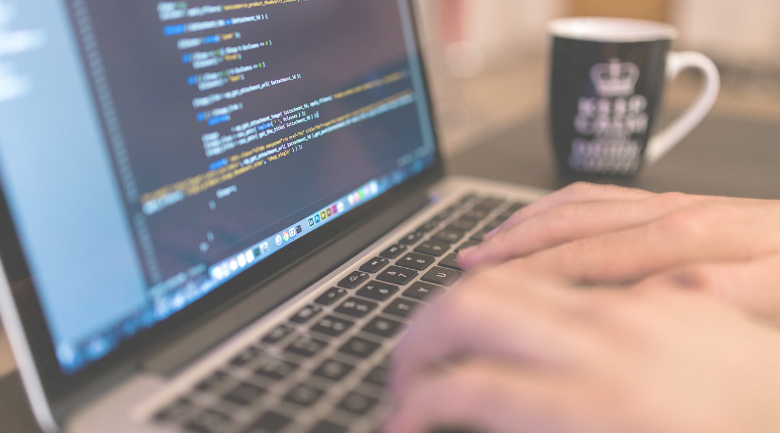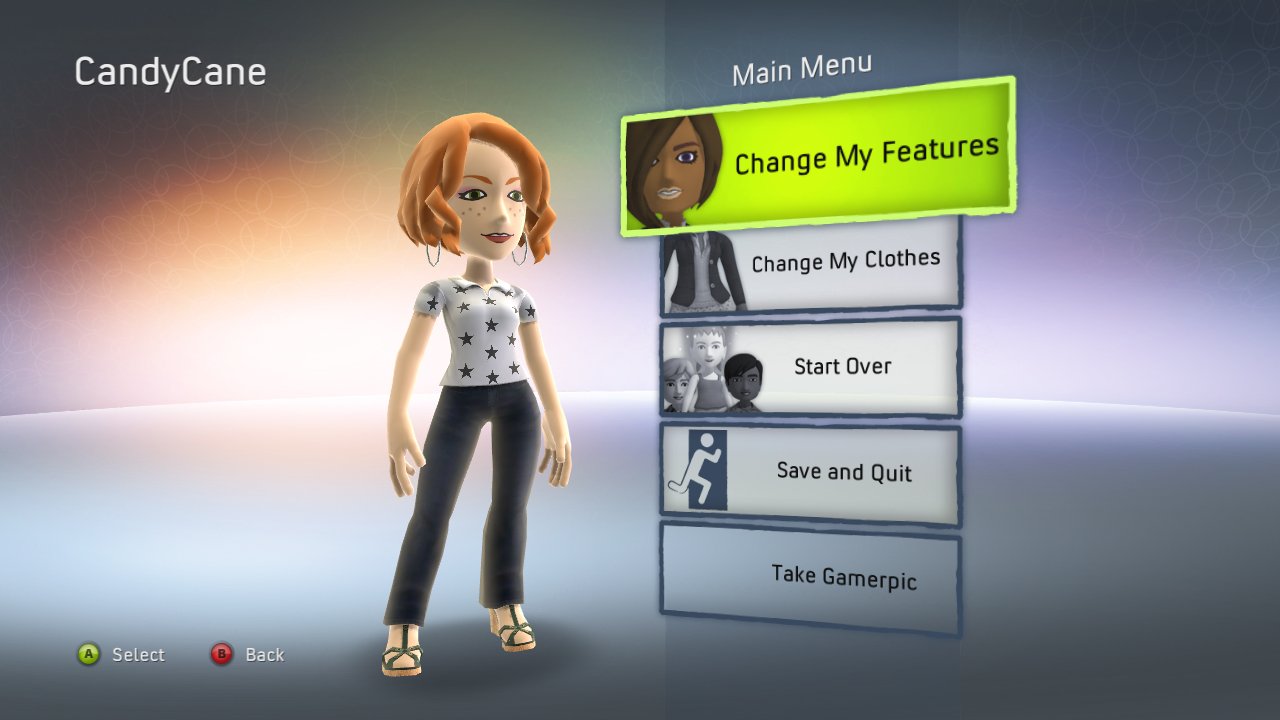Great – the CIA got hacked. Again
Thanks to our cyber-vigilante friends over at WikiLeaks, upwards of 8,000 documents concerning CIA happenings were released in what seems to be the biggest leak of the CIA. ever.
![]()
The government is losing their collective mind over it.
Sketchyyyy
According to reports, the information inside of the CIA’s files pertained to surveillance.
The documents amount to a detailed, highly technical catalog of tools.
Those tools include instructions for screwing with people’s computer tools for use in spying. Skype, Wi-Fi networks, documents in PDF format, and even commercial antivirus programs were in the grab bag of tools the CIA highlighted.
WikiLeaks strikes again
The 7,818 web pages and 943 attachments were partially redacted by WikiLeaks to avoid giving people who hate America the actual codes for cyberweapons. Amongst the leaked data, there was information outlining the government’s breakthrough about breaking into our phones.
The reports explain that the government had found ways to break into both Apple and Android devices by bypassing the encryption so as to collect audio and other message files.
What the nearly 8,000 documents did not explain is if (see: how) these advancements in device hacking have been used by the CIA.
So how do we protect ourselves?
If you google how to protect yourself from a hack 569,000 results will pop up in about .57 seconds. To save you the sensory overload of flipping through that many sites, we reached out to security expert Steve Thomas at SecurityScorecard.
Thomas said, “Wikileaks confirmed what most security professionals suspected, that private organizations had zero day vulnerabilities and were using those in an offensive fashion, taking over computers, phones, and turning on microphones.”
Life hacks to combat hacking
Thomas went on to detail a few practical ways we can remove the hacking threat and the first was to secure any devices that are connected to the Internet.
TVs and other IOT (Internet of Things) devices can be hacked.
A hack of those devices could be used to steal information or activate microphones for recording conversations. People should make sure that those devices aren’t accessible from the Internet.
Thomas also notes that if the average person doesn’t want to have to deal with setting up a firewall, they could just unplug the device when it’s not in use.
Our favorite pocket computers
As for cell phones, Thomas usually put his in Airplane mode at night – to catch some zzz’s without being interrupted – but that also disconnects it from the Internet.
[clickToTweet tweet=”If you don’t know what to do with a device, just put it to sleep or turn it off unless you need it.” quote=”In general, if you don’t know what to do with a device, just put it to sleep or turn it off unless you need it.”]
Thomas joked, “Hey, it’ll save power too!”
Protect yourself
WikiLeaks released the data from an anonymous hacker later opining that the source was not a pissed off super power, like Russia, rather someone on the inside.
As the CIA scrambles to contain information and minimize the damage from the document dump, it would be to our benefit to learn from the leak and take proactive steps in protecting ourselves.
#YouDoneMessedUpCIA
Kiri Isaac is the Web Producer and a Staff Writer at The American Genius and studied communications at Texas A&M. She is fluent in sarcasm and movie quotes and her love language is tacos.








































Pingback: Apple wants you to know that the CIA can't hack their products, WikiLeaks laughs in their face - The American Genius